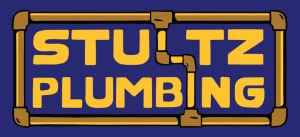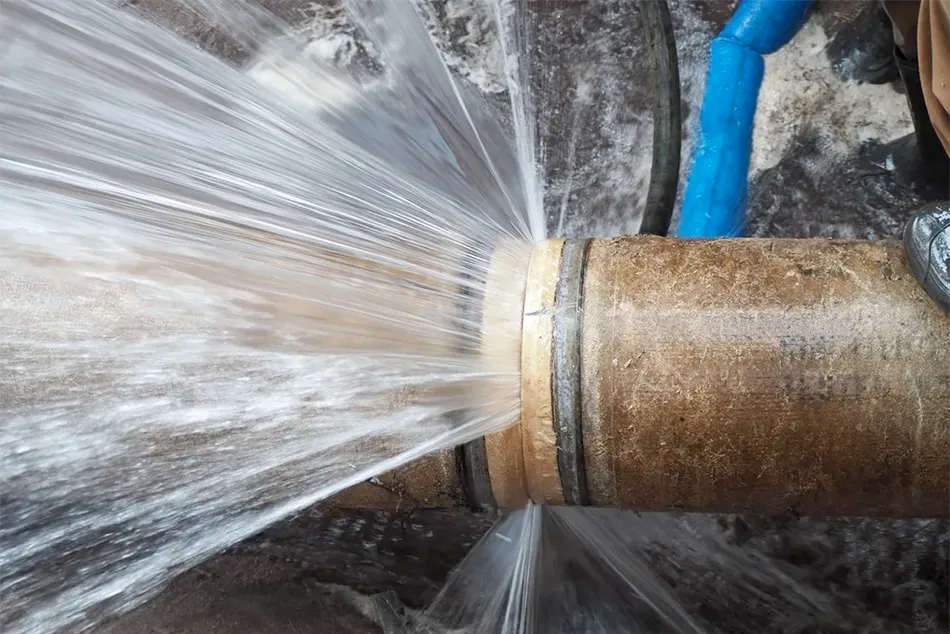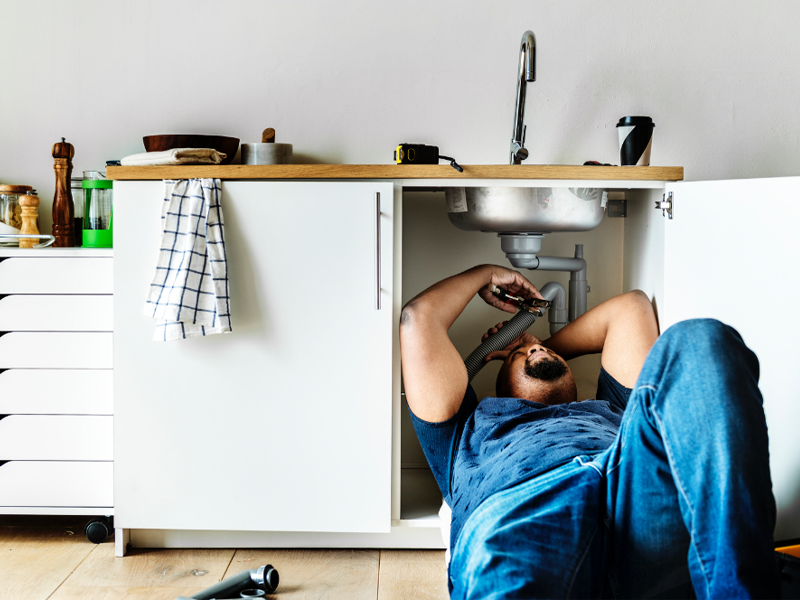
Plumbing Myths Every Homeowner Should Know
As a homeowner, it’s easy to get caught up in plumbing myths and misconceptions. Whether you’re trying to fix a leaky faucet or dealing with a clogged drain, not all advice you hear is accurate. Some common plumbing myths can lead to wasted time, money, and even cause more damage to your plumbing system. To help you avoid these costly mistakes, we’ve debunked the top plumbing myths every homeowner should know.
1. “Flushable Wipes Are Safe for Plumbing”
One of the biggest myths that homeowners believe is that flushable wipes are safe to flush down the toilet. While these wipes may be labeled as “flushable,” they often don’t break down as easily as toilet paper. In fact, they can cause significant blockages in your pipes and in municipal sewer systems.
Why it’s wrong:
Flushable wipes, along with other so-called “flushable” items like cotton balls and paper towels, do not disintegrate quickly enough to avoid clogging pipes. These items can get stuck in your plumbing and create costly clogs or even cause a backup in your sewer lines.
Solution:
Dispose of wipes and other non-paper items in the trash to avoid plumbing issues. It’s a small habit that can save you from a big headache. Plus, avoiding these can help prevent strain on your local sewer systems, which benefits the entire neighborhood!
For more on what can and can’t be flushed, check out this detailed guide from The American Cleaning Institute.
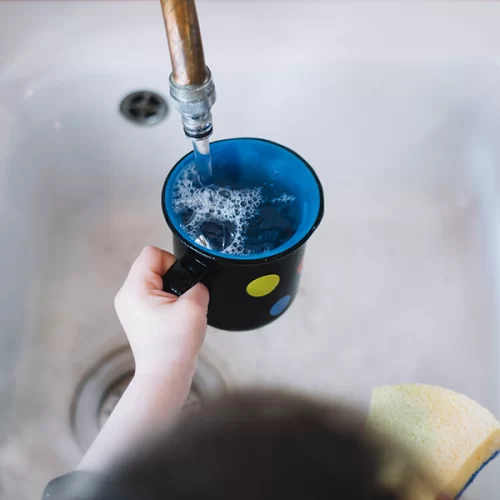
2. “Hot Water Can Fix a Clogged Drain”
Many people believe that pouring boiling water down the drain will fix a clog. While it can temporarily help with grease or soap build-up, hot water is not a universal solution for all types of blockages.
Why it’s wrong:
For stubborn clogs, like hair or food particles, hot water isn’t effective. In fact, in some cases, pouring boiling water down your pipes can actually cause damage to PVC pipes, leading to leaks. Additionally, it won’t help with serious blockages that require professional intervention.
Solution:
Instead of hot water, try using a plunger, drain snake, or a natural DIY drain cleaner made from baking soda and vinegar. For more complex clogs, it’s best to call a plumber who can address the issue without risking further damage. If you’re in need of a professional drain cleaning service, we’re here to help!
Learn more about preventing and dealing with clogged drains in this article from Family Handyman.
3. “You Don’t Need to Maintain Your Water Heater”
Water heaters are often overlooked when it comes to home maintenance. Many homeowners believe that as long as they’re getting hot water, there’s no need to check or maintain their water heater.
Why it’s wrong:
Over time, sediment and mineral build-up can accumulate in your water heater, reducing its efficiency and shortening its lifespan. Without regular maintenance, you could face unexpected breakdowns or even a water heater failure, which can be a costly repair.
Solution:
Schedule an annual water heater inspection and flush the tank to remove any sediment build-up. You can also check the temperature setting on your water heater (ideally 120°F) to prevent overheating and save energy. Regular maintenance can help ensure your water heater works efficiently for years to come.
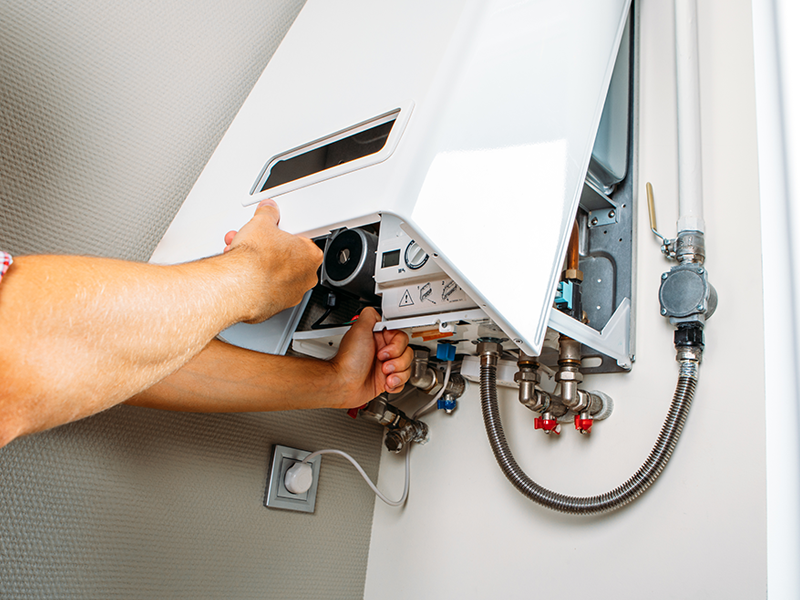
4. “Leaky Faucets are No Big Deal”
Many homeowners think that a leaky faucet is just a minor annoyance that doesn’t need urgent attention. However, even a small leak can add up to significant water waste over time and lead to bigger plumbing problems.
Why it’s wrong:
A leaky faucet wastes both water and money. According to the EPA, a single drip per second can waste more than 3,000 gallons of water a year. That’s more than the average household uses for washing 300 loads of laundry!
Solution:
Get that leaky faucet fixed as soon as you notice it. A quick repair can save water, lower your utility bills, and prevent further damage to your plumbing system. Don’t wait—small fixes can save you big costs down the line.
5. “You Can Fix Any Plumbing Problem Yourself”
DIY plumbing repairs are tempting, especially with so many tutorials available online. However, tackling certain plumbing problems without professional knowledge can make things worse and lead to bigger, more expensive issues.
Why it’s wrong:
While simple fixes like changing a washer in a faucet or unclogging a drain might be doable, complex issues like pipe replacements, leaks behind walls, or sewer line blockages require professional expertise. Attempting to fix these yourself could cause more damage and even violate local plumbing codes.
Solution:
If you’re unsure about a plumbing issue, it’s always best to call in a licensed plumber. They have the right tools, experience, and knowledge to get the job done safely and efficiently. Plus, it can save you time, money, and a whole lot of stress!
6. “All Drain Cleaners Are Safe for Your Pipes”
Commercial drain cleaners are marketed as a quick and easy solution for clogged drains, but they can do more harm than good. Many of these products contain harsh chemicals that can corrode pipes over time.
Why it’s wrong:
Chemical drain cleaners can break down pipes, leading to cracks or leaks. They can also be harmful to the environment, so it’s best to use them sparingly, if at all.
Solution:
Use natural solutions like baking soda and vinegar for most clogs. If a clog persists, call a plumber who can remove the obstruction safely. You’ll avoid damaging your pipes, and your plumbing system will thank you for it!
How to Maintain Your Plumbing: Helpful Tips for Homeowners
Plumbing systems need regular care, and knowing what not to do is just as important as knowing what to do. Here are some tips for keeping your plumbing in top shape:
- Check for Leaks: Inspect faucets and pipes regularly for signs of leakage. Early detection means smaller repairs.
- Know When to Call a Pro: If you ever feel unsure about a plumbing problem, it’s always a good idea to reach out to a licensed professional. They can solve the problem faster and prevent further damage.
- Invest in Regular Inspections: Have your plumbing system inspected annually to avoid surprises and catch small issues before they become big headaches.
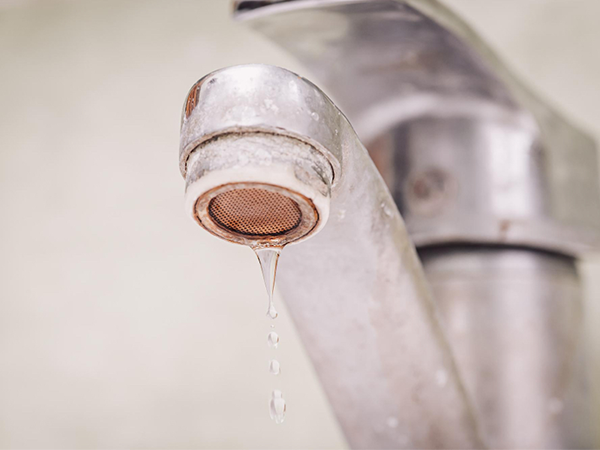
Conclusion
Plumbing myths can cause unnecessary stress and expense for homeowners. By understanding what’s true and what’s not, you can prevent common mistakes and maintain a healthier, more efficient plumbing system. If you’re ever in doubt or face a plumbing issue that seems beyond your skill set, don’t hesitate to call a professional. After all, your plumbing system is essential to your home’s comfort and safety!
Facing Plumbing Issues? Let Our Experts Solve Them!
If you’re dealing with any plumbing problems or need advice, our team of experts is here to help! Whether it’s a leaky faucet, clogged drain, or water heater maintenance, we’ve got you covered. Contact us today for a free consultation.
